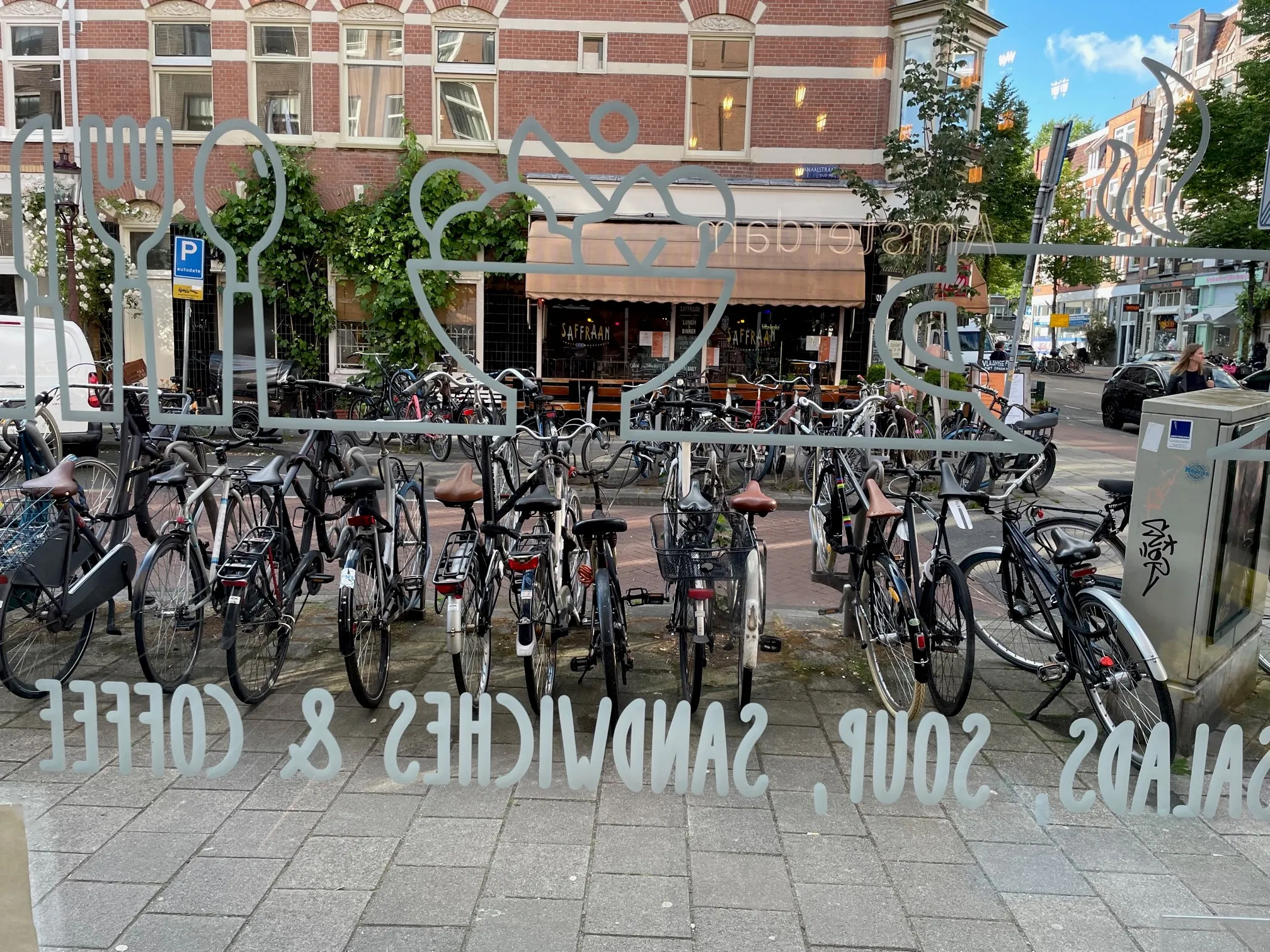Chile-based Yerka Bikes has launched an anti-theft bicycle which comes with an integrated lock in its structure. The company says the frame and seat post can become a hermetic lock that can adapt to any structure in seconds.
In addition, the bicycle’s wheels provide anti-theft nuts to boost the vehicle's security.
The project stems from a collaboration between engineering student Andrés Roi and former classmates Cristóbal Cabello and Juan José Monsalve who founded Yerka Bikes at the Adolfo Ibáñez Un
July 9, 2018
Read time: 1 min
Chile-based Yerka Bikes has launched an anti-theft bicycle which comes with an integrated lock in its structure. The company says the frame and seat post can become a hermetic lock that can adapt to any structure in seconds.
In addition, the bicycle’s wheels provide anti-theft nuts to boost the vehicle's security.
The project stems from a collaboration between engineering student Andrés Roi and former classmates Cristóbal Cabello and Juan José Monsalve who founded Yerka Bikes at the Adolfo Ibáñez University.
Anti-theft bikes can be purchased through the website or at stores in Madrid and Hamburg.








